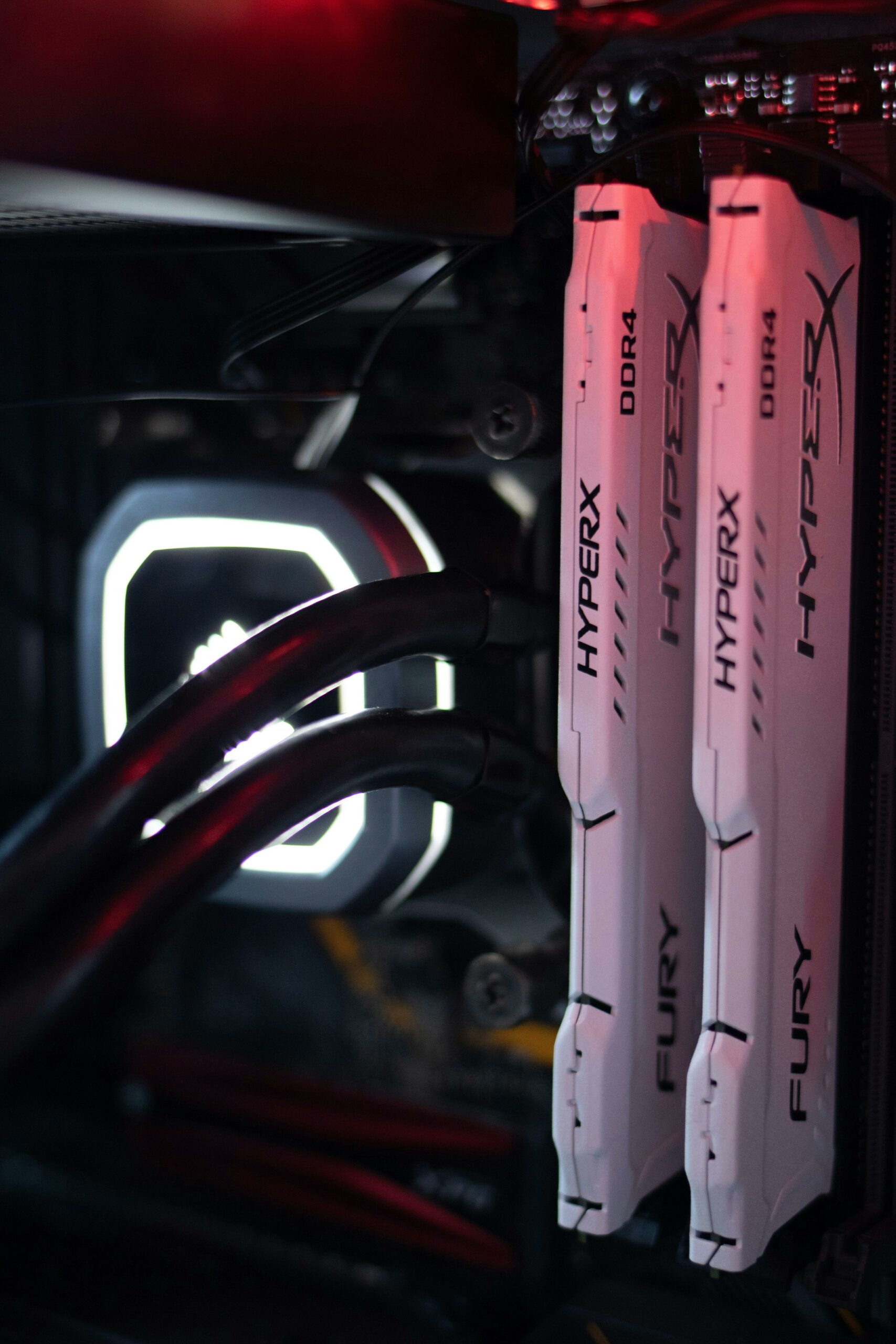How much electricity does a gaming PC use?

Gaming PCs are known for their high performance, but this often comes with high electricity usage. You can manage your energy costs and environmental impact by knowing how much power your gaming PC uses.
Here’s a detailed look at the factors affecting a gaming PC’s electricity usage:
Average Power Consumption
On average, a mid-range gaming PC consumes between 300 to 500 watts per hour during active use.
This can change depending on the components and how frequently the PC is being used. High-end gaming PCs with powerful graphics cards and processors, can consume up to 1000 watts per hour.
Alternatively, you can play Freecell online, which doesn’t require high-performance hardware or powerful systems.
Key Components and Their Power Usage
- Central Processing Unit (CPU): The CPU is the brain of your PC. High-performance CPUs can use between 65 to 150 watts.
- Graphics Processing Unit (GPU): The GPU is often the most power-hungry component. It can consume anywhere from 30 to over 1000 watts, depending on the model and usage.
- Random Access Memory (RAM): RAM typically uses 2 to 3.5 watts per module.
- Storage (HDD/SSD): Hard drives and solid-state drives use about 5 to 10 watts.
- Motherboard: The motherboard, which connects all components, uses between 25 to 100 watts.
- Power Supply Unit (PSU): The PSU itself can consume 150 to 500 watts, depending on its efficiency rating.
- Case Fans: These use about 1 to 5 watts each, depending on their size and speed.
PCs vs Consoles
Gaming PCs generally use more electricity than other household devices. For example, a PlayStation 5 consumes around 200 watts per hour during active gaming, while an Xbox Series X uses about 153 watts.
This makes gaming PCs more power-consuming than consoles.
If you prefer a low-energy entertainment option, you might consider exploring games you can enjoy in a browser. These games has no energy impact compared to gaming PCs.
Energy-Saving Tips
To reduce your PC’s electricity consumption, consider the following tips:
- Optimize Power Settings: Use power-saving modes and ensure your PC goes to sleep when not in use. Adjust the power plan under Windows to set the period after which the PC switches to energy-saving mode.
- Upgrade Components: New components can reduce power consumption. Look for energy-efficient processors and graphics cards with low TDP (Thermal Design Power) models.
- Monitor Usage: Use tools to track your PC’s power usage and identify areas for improvement. Regularly check the cooling of your PC to ensure all fans and cooling elements are working properly.
- Turn Off When Not in Use: Manually shut down your PC when you’re done gaming. If you’re taking a break, switch the device’s power settings to go into Sleep mode.
Miss Clipping Out Stories to Save for Later?
Click the Purchase Story button below to order a print of this story. We will print it for you on matte photo paper to keep forever.

